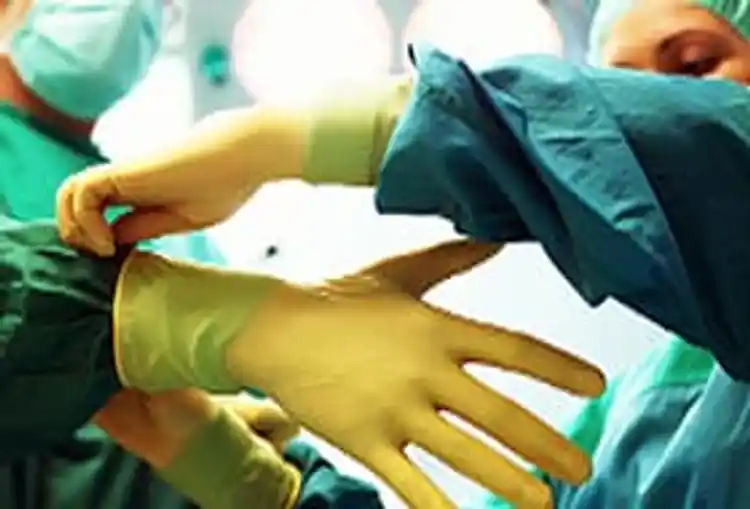Cosmetic Surgery: Fast is Best

Hide Video Transcript
Video Transcript
Narrator
Why does a faster surgery produce a better outcome? Robert Kotler, MD
All things considered, it's in the patient's interest that the surgery be done in less time rather than more time because the lack of efficiency that would translate a shorter operation to a longer operation has a consequence of more swelling and more bruising. It is a natural tendency for human tissue, when being manipulated for 4 hours to swell more than it would if it were manipulated for 2 hours or say 1 hour. Robert Kotler, MD (cont.)
Secondly, the drugs that we inject at the time of surgery, and this is after the patient is asleep, which numb the tissue allowing a lighter anesthetic by the anesthesia specialist also contains, that anesthetic drug also contains a drug to shrink the blood vessels, to clamp off the blood supply so that we're not operating in a pool of blood. Otherwise, we couldn't do our work, we can't see. But that is not an indefinite period of time. In other words, it's pretty finite. After an hour to an hour and a half that drug wears off, the blood vessels start to open up and now they leak more. Robert Kotler, MD (cont.)
So, ideally, you'd like to get that operation done, or at least that part of the operation done in less than an hour to an hour and a half. Therefore, the object generally in nasal surgery, which has big potential for significant bleeding, get the operation done in less than an hour. Whether you're operating for cosmetic purposes, or cosmetic and even breathing purposes, you've got about one golden hour to do the work. So, if you do it, less swelling, less bruising. Robert Kotler, MD (cont.)
Now, we do have the help of some medications. But they are not always as predictable and they effect different people. And bruising is a phenomenon for example that can depend on everything from your natural innate tendency to bruise, some people say I'm a bruiser, some aren't, to... for a woman, what point in the menstrual cycle are they. Oh yeah. Robert Kotler, MD (cont.)
So you've got all these factors in play, and we haul out all the best drugs we can. In order to reduce the bruising, we have the anesthesiologist inject an anti swelling medication even prior to the outset of the operation, before we make the first incision, so that we know that there's this big rush of drugs that have now been absorbed into the body, and are available to reduce the swelling. 
